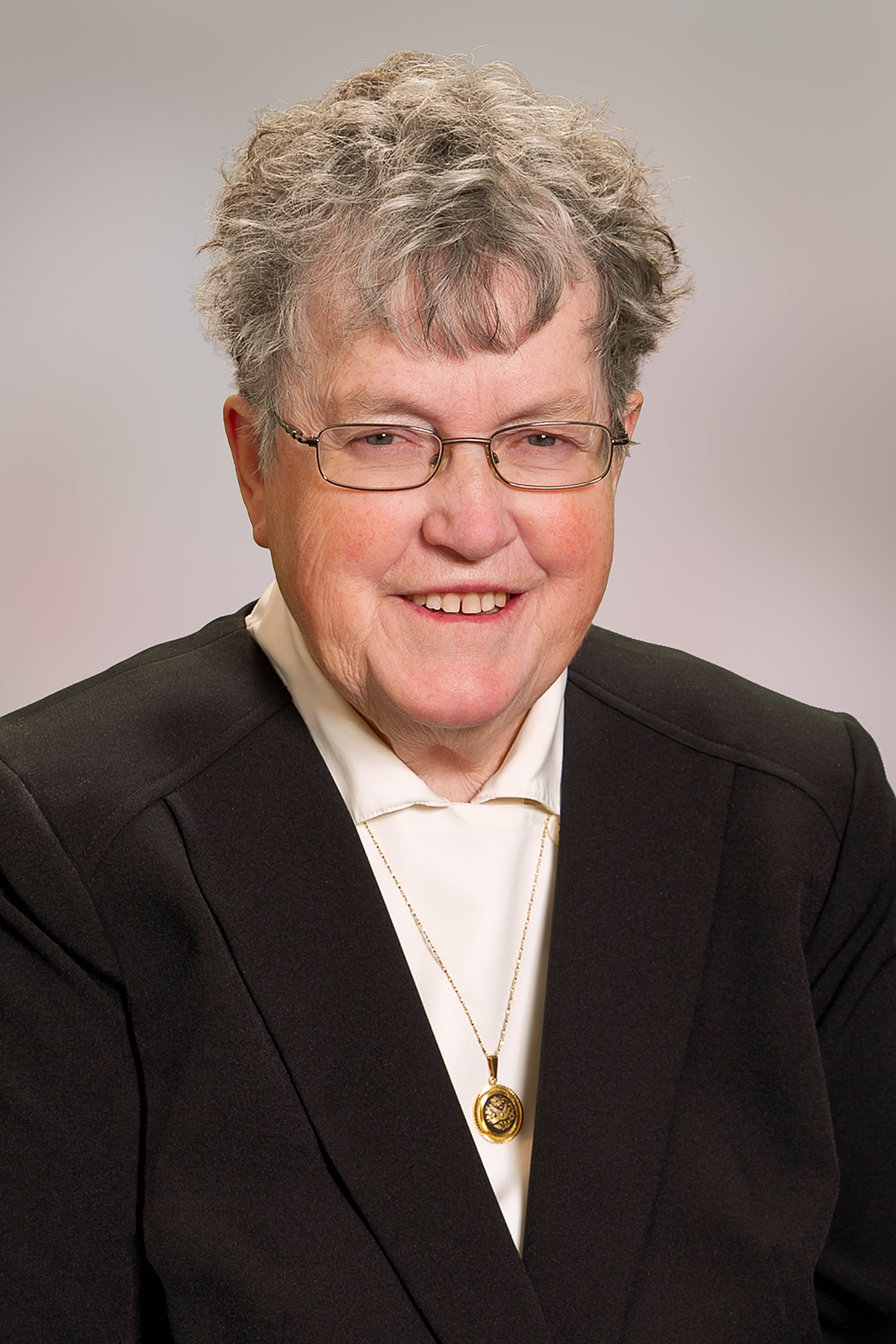
In memoriam: Sherrill Slichter
Throughout a distinguished career spanning more than five decades, Dr. Sherrill Slichter's contributions to the field of transfusion medicine revolutionized platelet transfusion therapy.
She developed methods to safely collect and store platelets for transfusion. Her work in platelet immunology helped to identify mechanisms of auto- and alloimmune thrombocytopenia and how to prevent alloimmunization refractoriness to platelet transfusion.
Her research also helped to determine the minimum number of platelets required to maintain hemostasis in a variety of medical and surgical settings and provided key insights into understanding platelet production.
Because of these accomplishments, individuals with leukemia, other blood disorders, and other cancers can be safely treated with therapies such as chemotherapy and hematopoietic stem cell transplantation.
Her many contributions were recognized by prestigious national and international awards such as: Karl Landsteiner Memorial Award Recipient of the American Association of Blood Banks; the Presidential Award Recipient of International Society of Blood Transfusion; Elected Fellow of the American College of Physicians; James Blundell Award Recipient of the British Blood Transfusion Society; Richard J. Davey Lectureship Award Recipient from the National Institutes of Health Henry M. Stratton Award Recipient, American Society of Hematology; and the Henry M. Stratton Award Recipient of the American Society of Hematology.
She held numerous leadership roles at Bloodworks Northwest, including medical director, director of research, and executive vice-president of research. She also mentored numerous trainees in transfusion medicine, many of whom went on to distinguished academic careers.
In 2017, she published her autobiography, Path of Persistence: Gender Trailblazer and Platelet Pioneer, highlighting her groundbreaking contributions to medicine and her unwavering pursuit of scientific excellence.
In accordance with her wishes, no formal funeral service will be held. Her enduring legacy—as a scientist, clinician, and mentor—will be honored through a commemorative seminar next spring, celebrating her remarkable contributions to medicine and research.